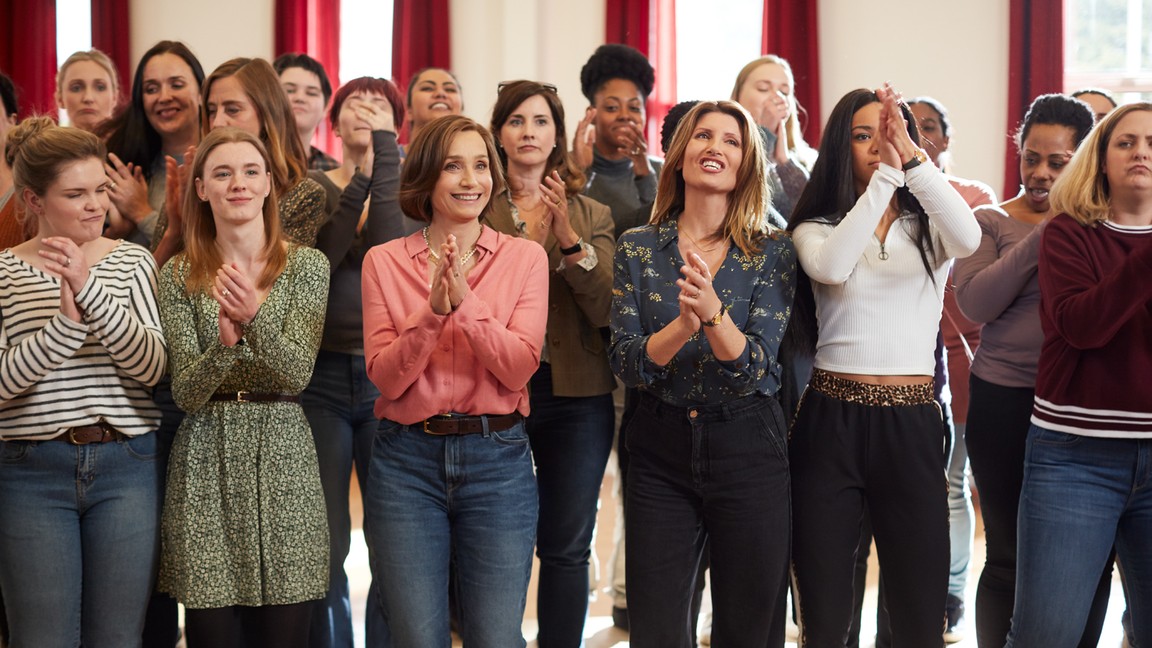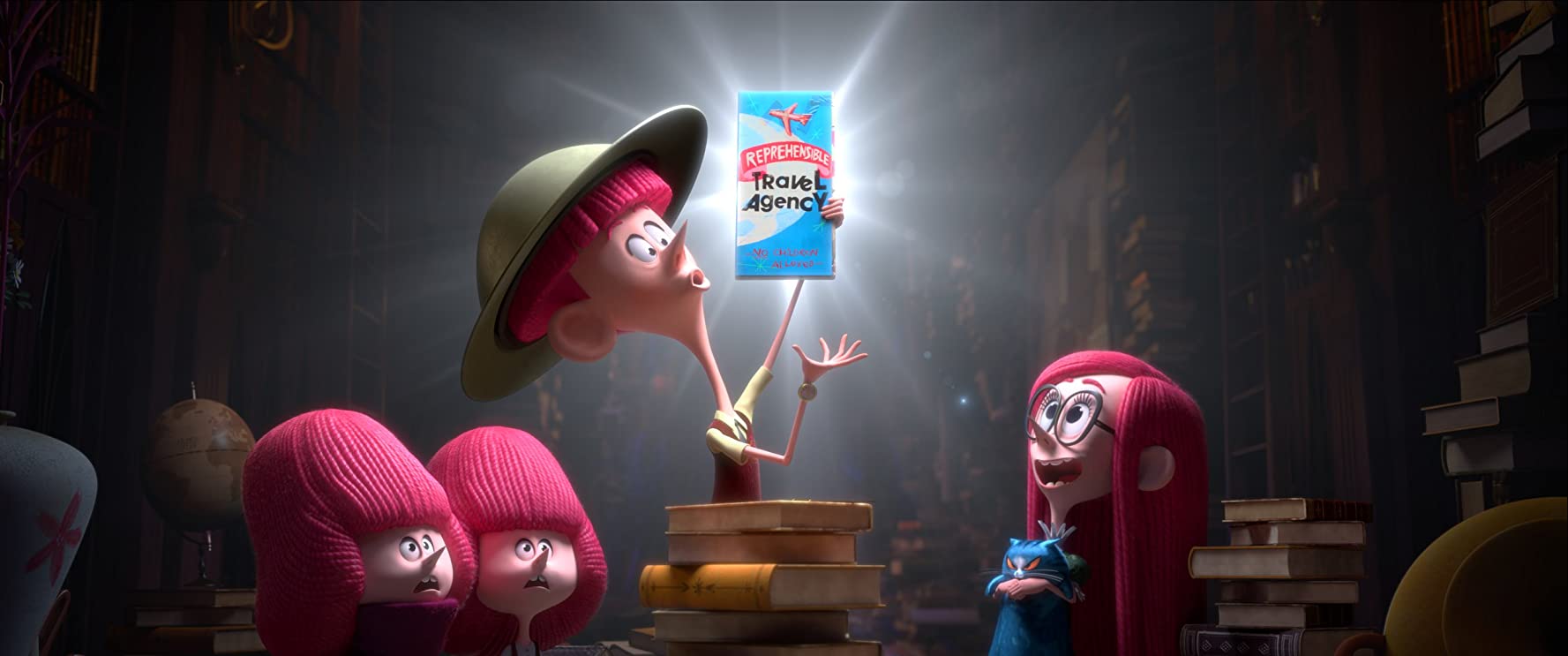The High Note
Posted on May 25, 2020 at 12:01 pm
B| Lowest Recommended Age: | High School |
| MPAA Rating: | PG-13 for some strong language, and suggestive references |
| Profanity: | Brief strong language |
| Alcohol/ Drugs: | Social drinking |
| Violence/ Scariness: | None |
| Diversity Issues: | None |
| Date Released to Theaters: | May 25, 2020 |

Maggie (Dakota Johnson) is personal assistant to a world-famous, if slightly fading singer named Grace Davis, played by Tracee Ellis Ross, the daughter of a world-famous and never-fading superstar Diana Ross. Grace has not released any new music in many years, but still fills arenas with adoring fans. Her manager (Ice Cube) is urging her to accept a very lucrative residency in Las Vegas. She can stop touring and sing her hits every night for as long as she wants.
No one pays much attention to Maggie, unless Grace needs some green juice or some highly inconvenient errand run. But Maggie loves music and, though Grace does not realize it, Maggie is Grace’s truest fan, the only one around her who sees her as a songwriter and performer and not just as a nostalgia cash cow. Seeing the world of music, even from the edges, inspires Maggie to want to be a producer. She hesitantly disagrees when a successful producer wants to remix one of Grace’s hits by adding synth, with digitally created voices for back-up singers. And when she meets a young singer/songwriter who busks outside of a grocery store (fast-rising star Kelvin Harrison, Jr. of “Luce” and “Waves”), she tells him she is a producer and persuades him to let her bring him into a recording studio.
So far, so good. But then it veers off the rails. Cinderella without a godmother makeover — fine. “All About Eve” without the ferocious, greedy ambition — also fine. But then we get a wholly unnecessary scheme so preposterous that even Lucy and Ethel would consider idiotic. And Maggie is supposed to be savvy about the music business and supremely competent. The only benefit of this ridiculousness is a lovely scene with Eddie Izzard, who brings such an air of lived-in wisdom that for a moment it almost makes sense. Almost. And the non-surprising surprise is on top of that.
Ross is fun to watch as the diva, especially when she is on stage, the many opportunities she has had to watch from the wings paying off as she brings authentic star quality to her interactions with the audience (for better) and the crew (for not so much better). She’s especially good in a scene where Grace gets real about the prospects for an over-40 woman of color in the music business. Johnson is sadly underused. She has such a rare gift for comedy, glimpsed in “22 Jump Street” and “The Five-Year Engagement” and yet Hollywood keeps casting her as a wide-eyed little mouse. She would have been better cast as the high-spirited roommate (Harrison is the one to watch her, with very bit of the star quality the part or the goofy housekeeper (though Zoë Chao and June Diane Raphael are reliably delightful in those roles). Harrison has all of the star quality his character requires and more, especially impressive given the wide range of his recent appearances.
There are moments when a movie’s predictability is an advantage rather than otherwise. It benefits this film that it is released I such a time, into our homes, where we most appreciate its comforts.
Parents should know that this film includes brief strong language, some sexual references and a non-explicit situation, and questions of parentage.
Family discussion: Why didn’t Maggie tell David the truth about herself? Which song was your favorite? If you were producing a song, how would you begin?
If you like this, try: “Music and Lyrics” with Drew Barrymore and Hugh Grant and “Black-is” with Tracee Ellis Ross







